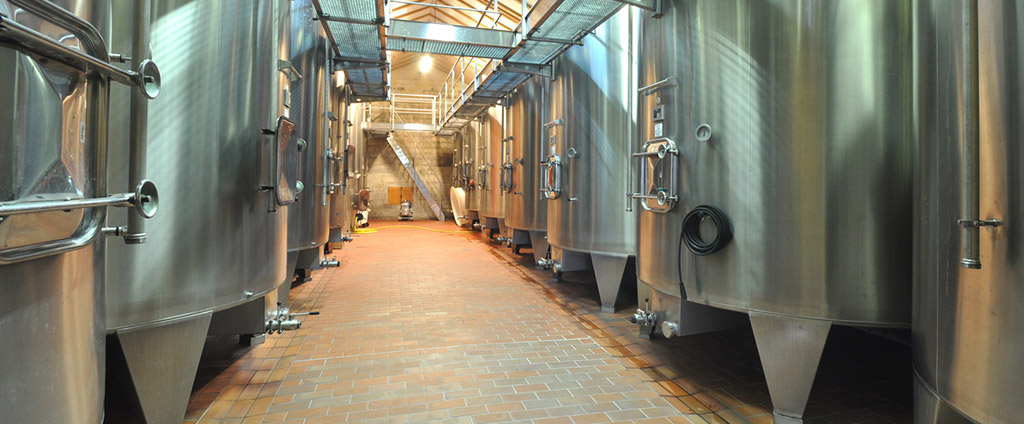Aim of the program
Acquire and diversify vine and wine-related knowledge for more effective communication in this field.
Communicate, understand, learn about and take your first steps in the world of oenology.
Oenology is the scientific study of the transformation of grapes into wine, with contributions from numerous stakeholders in the field. Oenology is therefore a vast discipline but a complete overview of the subject is essential to understanding all of its intricacies. The DUIO therefore offers a comprehensive introduction to all the different aspects of the wine sector. The teaching delivered in this program covers all of the following fields: the vineyard and its history, vinification stages, different types of wine, different stakeholders in the sector and an introduction to tasting. At the end of this program, you will be able to understand and share your knowledge of the entire oenological sector.
The teaching will be delivered over a period of six weeks between October and May. This program consists of 3 training cycles (elementary level) that can be followed continuously or independently in 50-hour cycles in order to adapt this program to suit your personal or professional commitments.
- Understand the vineyard and its history
- Learn about the different vinification stages and identify the different types of wines
- Find out about the key players in the sector and learn the rudiments of wine tasting
Benefits
The training delivered in the DUIO program consists of theoretical teaching that allows trainees to acquire general knowledge, from vineyard history through to the marketing of wines. This diploma covers all aspects of oenology during the 6 weeks of training proposed.
For whom is this program intended?
It is intended for any non-scientific or non-specialist audience (wine lovers, tourism professionals, asset managers, sales staff, etc.) wanting to acquire the key knowledge and vocabulary required for understanding oenology. Subject to the evaluation of application forms, the program is open to holders of the Baccalauréat (French secondary school-leaving certificate) or to people whose professional or personal experience can be validated by the Recognition of Prior or Occupational Learning schemes.

